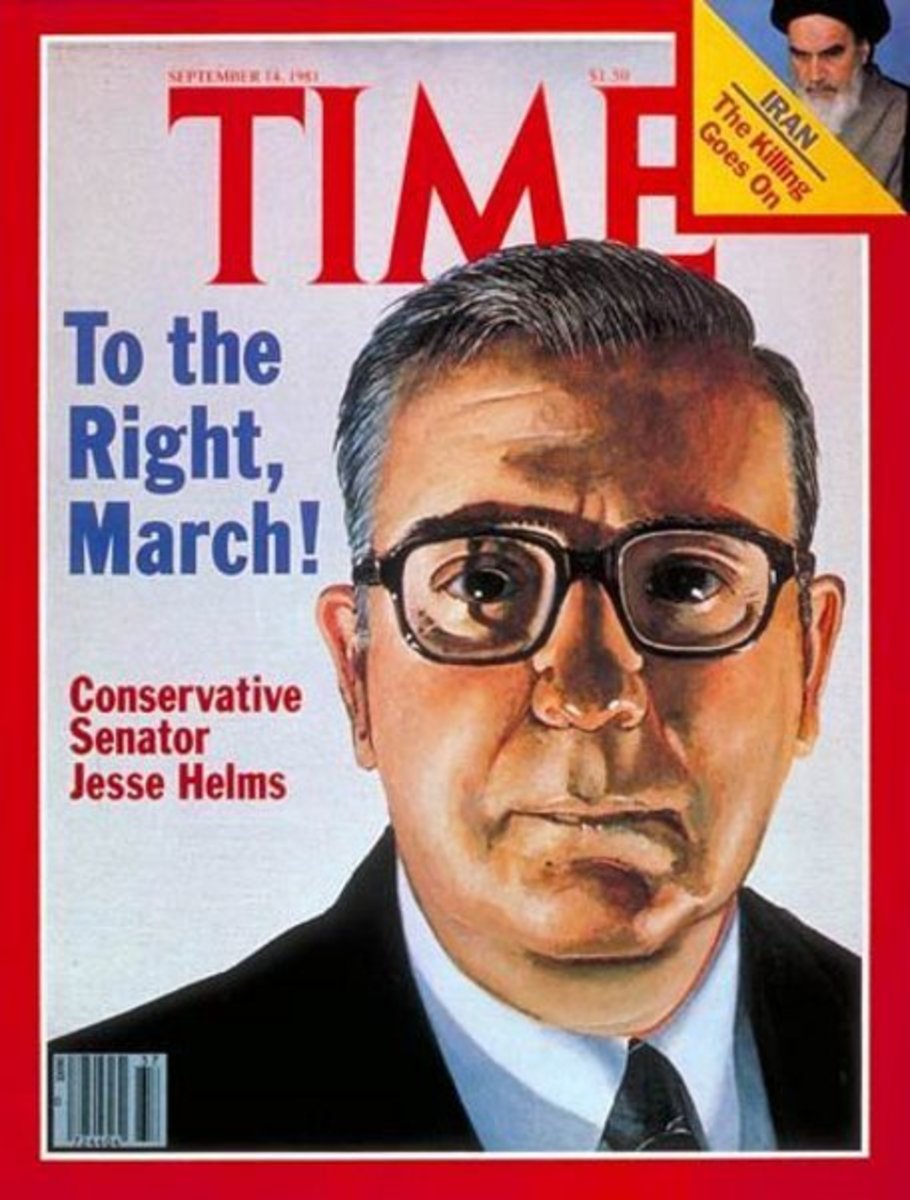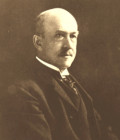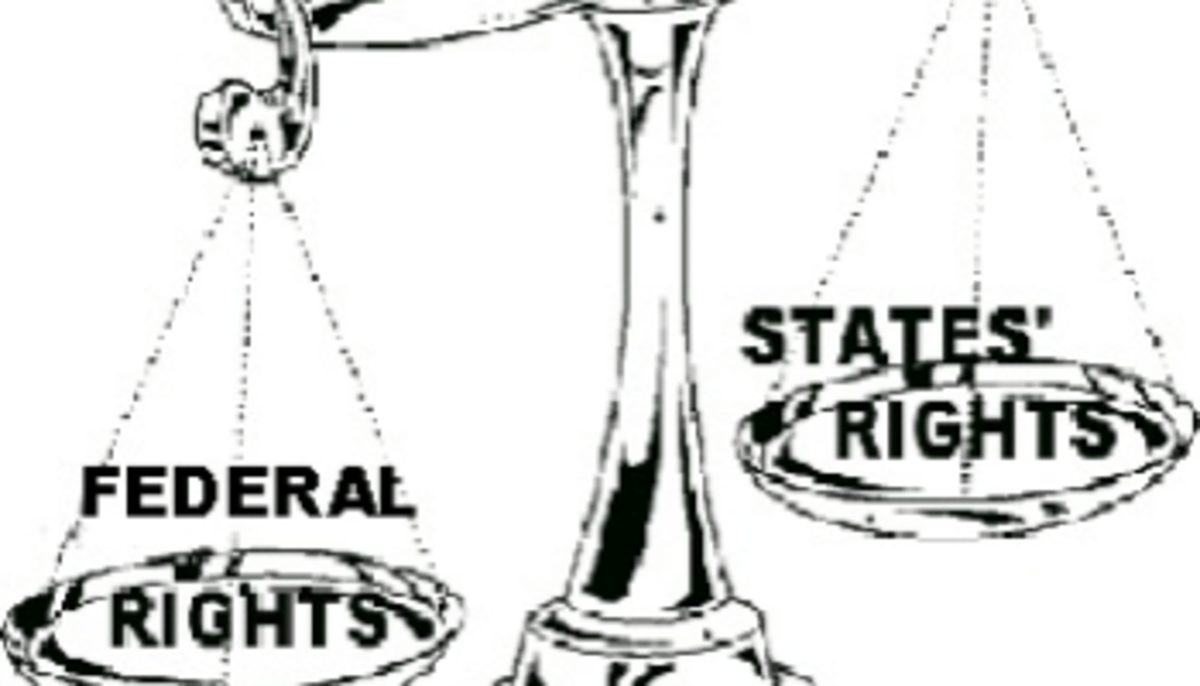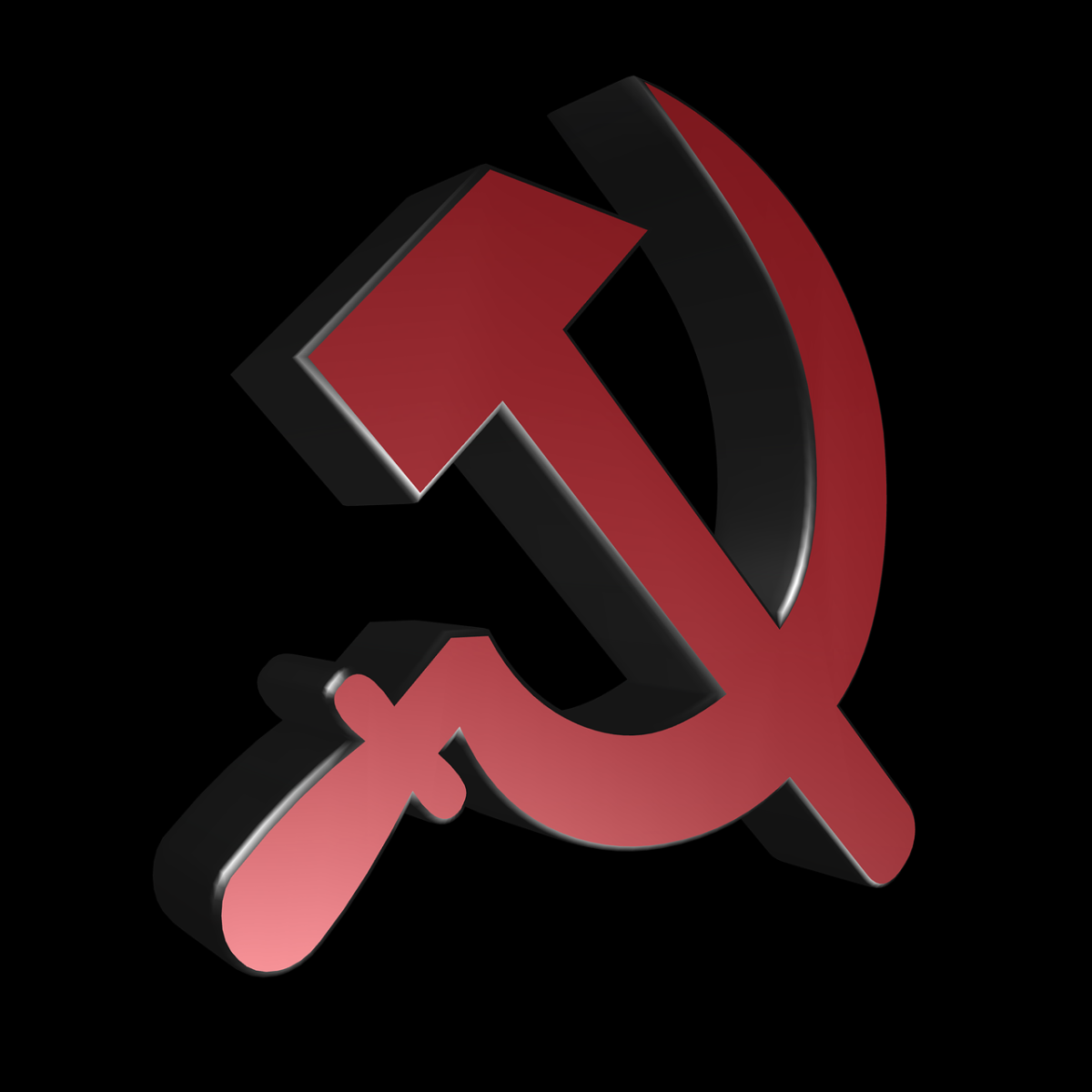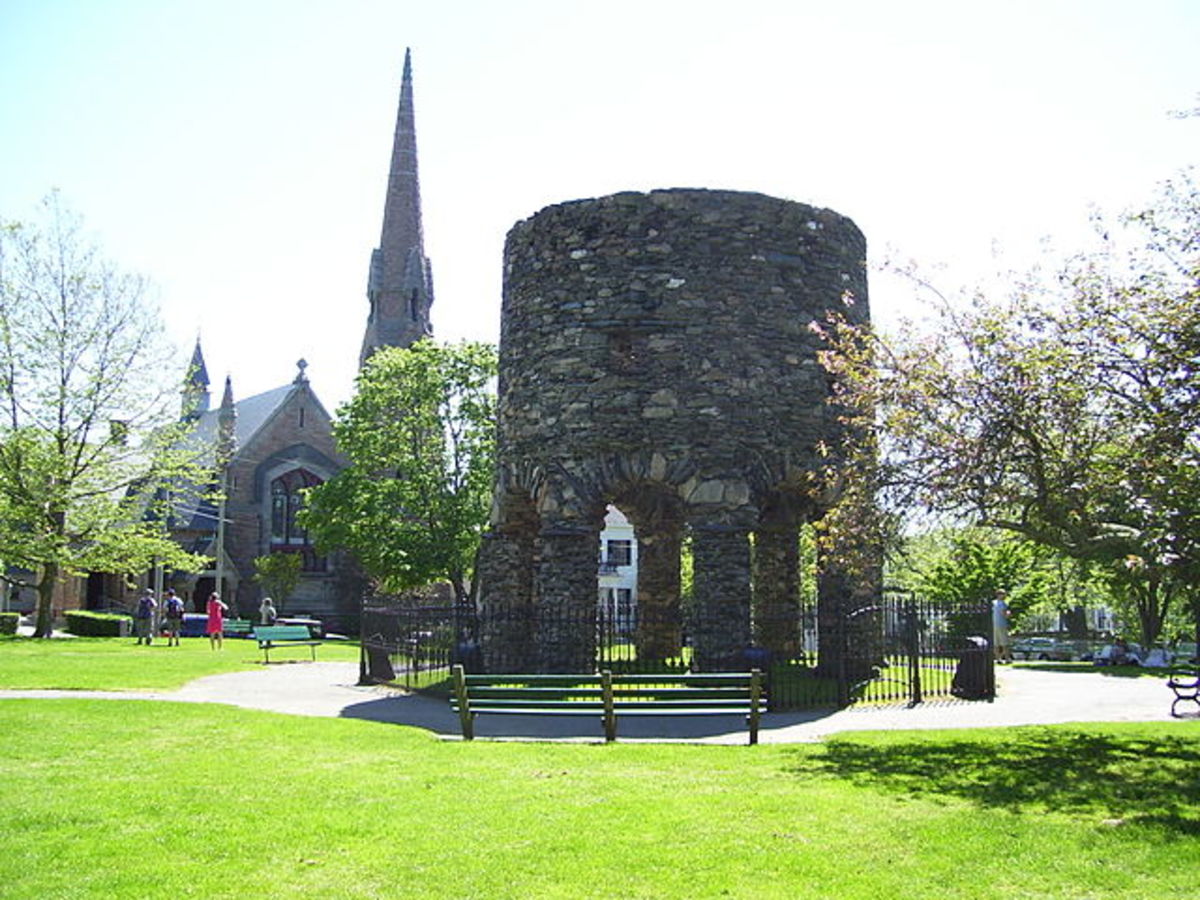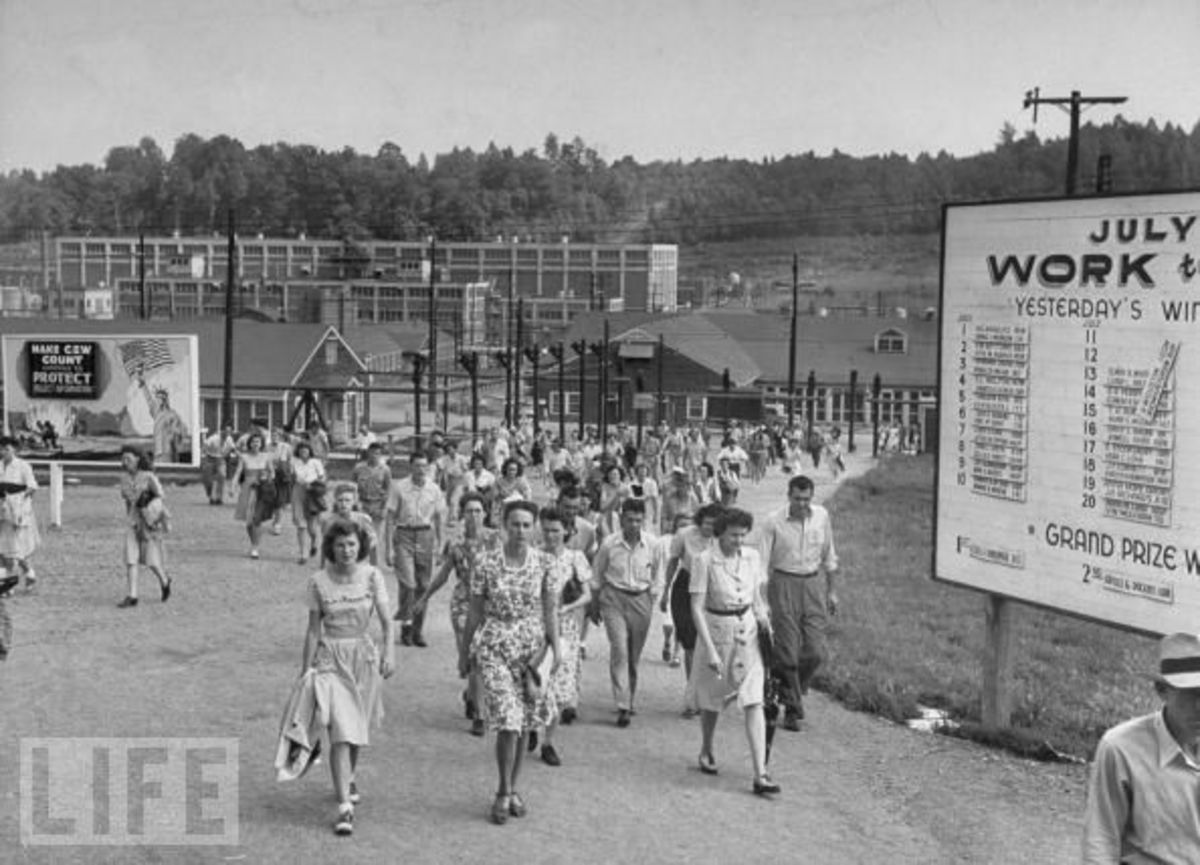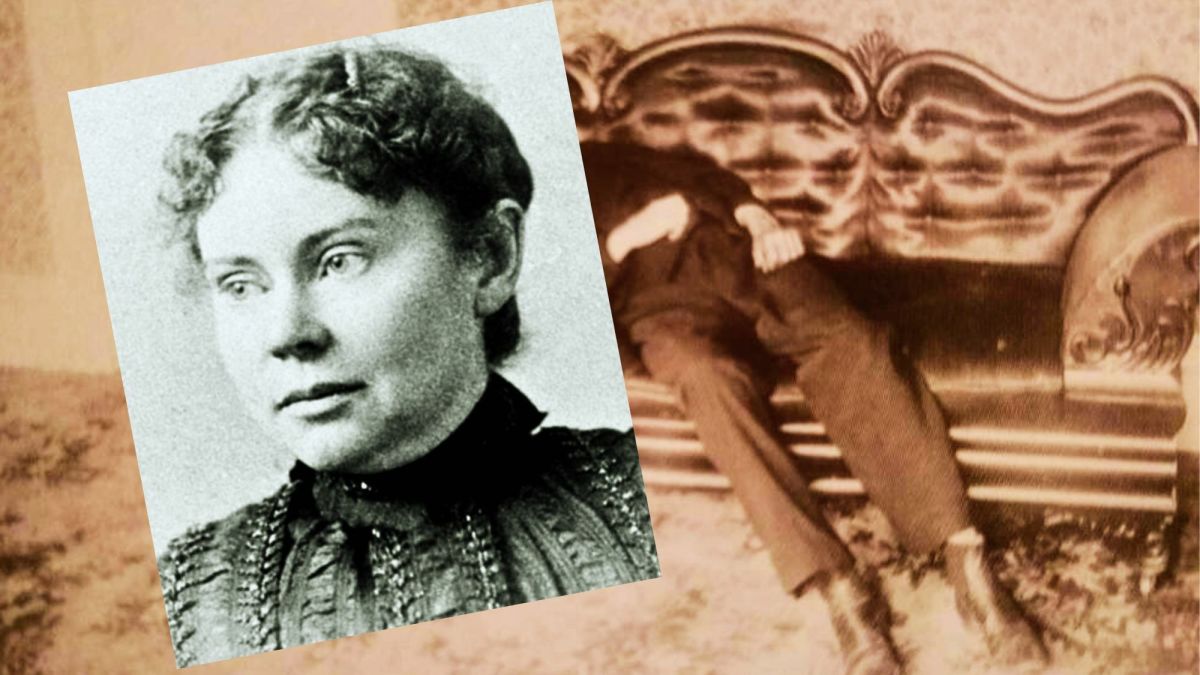- HubPages»
- Education and Science»
- History & Archaeology»
- History of the Americas
America Founded in Liberalism, Conservatism, and Socialism - Part 1
Prolog
As of this writing I am 70 years old and have been observing and thinking about such things as religion, politics, and philosophy for 60 of those (although in my younger years, I didn't recognize it as such) . Earlier this year it occurred to me to do some arithmetic and discovered that I had been doing this for 26% of this young country's life ... I was astounded! I have watched over one-quarter of this nations history pass in front of my eyes.
In that time I have witnessed an amazing change in science, technology, and politics. When I was 10 (1957) going to the moon was still science fiction, I had to wait another 25 years to get my first home computer, and America was still in the grips of the Red Scare. Liberalism, which was equated with communism, was a very dirty word and conservative Sen Joe McCarthy was destroying people's lives.
That last phrase is why this hub is being written. The lack of understanding of what it means to be a liberal, conservative, or socialist is dangerous. It's dangerous because not understanding the potential fall-out from electing adherents to one philosophy or another can literally get people killed ... what happened to slaves are testament to that!
Famous American Liberals
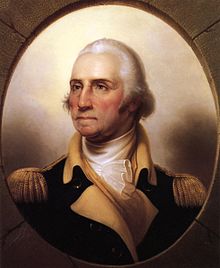
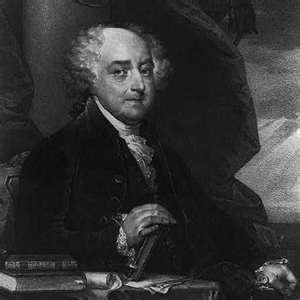
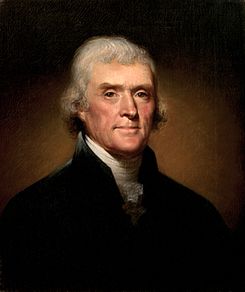
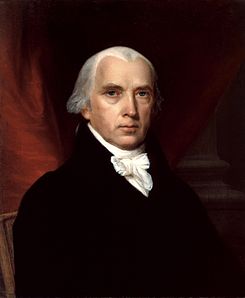
Yes, America Is a Liberal Nation
MOST OF THE FRAMERS OF THE UNITED STATES WERE LIBERAL ... as it was defined in the 1700s and 1800s by such philosophers of the Enlightenment as John Locke, Thomas Hobbes, David Hume, Adam Smith, Charles-Louis de Secondat, Baron de La Brède et de Montesquieu, etc. Today, being called a "Liberal" means, according to the Free Dictionary:
a. Not limited to or by established, traditional, orthodox, or authoritarian attitudes, views, or dogmas; free from bigotry.
b. Favoring proposals for reform, open to new ideas for progress, and tolerant of the ideas and behavior of others; broad-minded.
c. Of, relating to, or characteristic of liberalism.
d. Liberal Of, designating, or characteristic of a political party founded on or associated with principles of social and political liberalism, especially in Great Britain, Canada, and the United States, and
1. (Government, Politics & Diplomacy) relating to or having social and political views that favour progress and reform
2. (Government, Politics & Diplomacy) relating to or having policies or views advocating individual freedom
3. Giving and generous in temperament or behaviour
4. Tolerant of other people
As you will see, the original definition of Liberalism is still included in the 21st Centuriy's definition.
Although socialism, as we think of it today, didn't have its true beginning until Karl Marx (1818-1883), it actually has its roots in the 1797 French Revolution and philosophical underpinnings of Robert Owen (1771-1858), of England; Charles Fourier (1782-1837), Pierre-Joseph Proudhon (1809-1865), Louis Blanc (1811-1882), and Saint-Simon (1760-1825) of France; and Orestes Brownson (1803-1876) of America. As a shaping force of early American political philosophy, socialism was never a major player. Later, during America's progressive era in the 1800s, it did have more influence, especially in the labor movement. Today, despite the rhetoric to the contrary, socialism, true socialist ideals as will be defined in a moment, are not a player in American politics. The modern definition is:
1. Any of various theories or systems of social organization in which the means of producing and distributing goods is owned collectively or by a centralized government that often plans and controls the economy.
2. The stage in Marxist-Leninist theory intermediate between capitalism and communism, in which collective ownership of the economy under the dictatorship of the proletariat has not yet been successfully achieved.
3. (Economics) an economic theory or system in which the means of production, distribution, and exchange are owned by the community collectively, usually through the state. It is characterized by production for use rather than profit, by equality of individual wealth, by the absence of competitive economic activity, and, usually, by government determination of investment, prices, and production levels Compare capitalism
4 (Government, Politics & Diplomacy) any of various social or political theories or movements in which the common welfare is to be achieved through the establishment of a socialist economic system
5. (Government, Politics & Diplomacy) (in Leninist theory) a transitional stage after the proletarian revolution in the development of a society from capitalism to communism: characterized by the distribution of income according to work rather than need
On the other hand, a distant cousin, conservatism, a lá, Edmund Burke through William F. Buckley Jr., was in play during our founding. I say conservatism is a distant cousin to socialism because their starting point is identical; they just grew in different direction. Where the hallmark of liberalism is its focus on the "rights of Individuals", Conservatives and Socialists base their philosophies on the premise that "individuals" do not have rights per se, but "interest groups"; with the emphasis on "groups", have those rights and it is these groups that grant rights to individuals. I didn't understand this until this week (Feb 7, 2013) when I was listening to some more lectures on the philosophies behind the American government. As to the definition of conservatism, it is:
1. The inclination, especially in politics, to maintain the existing or traditional order.
2. A political philosophy or attitude emphasizing respect for traditional institutions, distrust of government activism, and opposition to sudden change in the established order.
3. Caution or moderation, as in behavior or outlook.
4. Opposition to change and innovation
5. A political philosophy advocating the preservation of the best of the established order in society and opposing radical change
Fathers of Liberalism
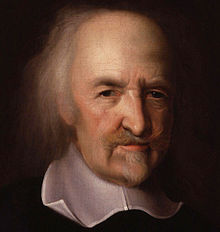
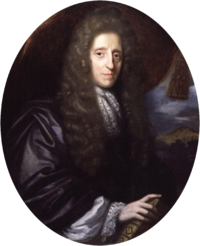
A State of Nature
WHEN ONE BEGINS WITH THE LIBERAL PHILOSOPHY Individuals are the center of conversation, it follows that it is the individual's rights and liberties which are at stake and must be protected. The theory, from Hobbs and then Locke, is that in the beginning, individuals were in a "state of nature"; that there was no government, no politics, and no religion to restrict their liberty; they were free to do whatever "floated their boat". But John Locke argued while that may be nice, it wasn't practical. James Madison, in Federalist #51, famously said:
"If men were angels, no government would be necessary. If angels were to govern men, neither external nor internal controls on government would be necessary. In framing a government which is to be administered by men over men, the great difficulty lies in this: you must first enable the government to control the governed; and in the next place oblige it to control itself."
forget which philosopher coined the phrase "if all men were angels" but the context it was used in implies that if this were true in a state of nature, then no government would be needed because all individuals would voluntarily do right by other individuals, no stepping on toes to get your way, in other words.
But Locke and others knew all men were not angels, so governments, consequently, were necessary to protect man from himself, but with a caveat ... government should only be large enough to ensure one individual does not bring harm to another, and no larger; thus was the idea of "limited government" born. What is more, this government is an agreed upon government voluntarily entered into by the People, i.e., a contract between the People and the Government, a contract to which the People consented.
That is Liberalism in a nutshell, and most, if not all of our forefathers who were instrumental in 1) in declaring our independence of the British Parliament, and later England herself, 2) creating the Declaration of Independence, which is liberalism to its core, and 3) the construction of a constitution whose end result is a government which lives up to the ideals of Liberalism; protecting the inalienable rights of individual human beings.
Two Alternatives
Juxtaposed to this is Conservatism's and Socialism's denial of the individual as being at the center of concern and rejects the concept of a "state of nature". Of concern to these two philosophies are groups or "interests", rather than individuals; when boiled down to their essence, these groups are the "haves" and the "have nots". Another idea that separates these two from Liberalism is they're focus is primarily economic, while Liberalism is political.
An interesting consequence of this altering of point of view between liberalism and socialism/conservatism is what follows from the initial assumptions. Socialism/Conservatism, as we have said, begins with concern about "groups". In both cases, the concern is an economic one; for socialist it is the welfare of the working class and for conservatives it is the maintenance of the status of the wealthy class. Both of these are economic arguments and drive a political philosophy, different ones for sure, to secure the outcome they seek.
For Liberals, the concern is individual liberty, so things are turned on their head; in this case it is politics that drive the economic system that guarantees the most liberty. Personal liberty is the goal, a political purpose, and not economic equality or superiority - both economic goals. When I heard this, many things began falling into place and started making sense regarding the conflicts going on around us today and the intransigence of all sides. It also is the motivation behind this hub.
Neither socialism nor conservatism gained predominance in American culture, but they did influence its course. The move toward socialism gained momentum during the industrial revolution of the early 1800s. One of its (although it wasn't known as socialism then, the world had to wait for Karl Marx for that) major proponents in America, Orestes Augustus Brownson (1803–1876), was instrumental in raising the consciousness of Americans about the plight of the laborer. While the Socialist movement didn't take hold in America, like it did in Europe, who had a much more turbulent history, it did have legs for awhile before dying out.
Conservatism also never came to dominate the American scene, although it did, and does hold sway in much of the South. In one respect, the fight between conservatism and liberalism resulted in the Civil War, where liberalism came out on top. John Caldwell Calhoun (1782 – 1850) was Vice President, a representative and Senator from South Carolina was a principal Conservative theorist in America, following in Edmund Burke's footsteps from England.
Calhoun is best known for 1) his switch from being a nationalist to a staunch state's rightist who supported the use of nullification to combat federal authority and advocating secession, 2) the defense of slavery as a "positive good" and justified as a result of white supremacy and paternalism, and 3) the development of the idea of governing by "concurrent majority", an arrangement where each major minority interest group must agree before a bill can pass. Calhoun set the tone for the subsequent political scene which concluded with the Civil War and the end to slavery, but not the oppression of blacks; a symbol of the Conservative belief that it is natural and good that society be structured in an hierarchical fashion with the wealthy, educated property owners on top, the merchant class next, followed by the labor class, with women and minorities bringing up the rear. In the Conservative view, this is the only way society can survive and avoid anarchy; individual liberty in not a natural right, in the conservative view, it is something granted by the ruling elite.
What Liberalism Looks Like
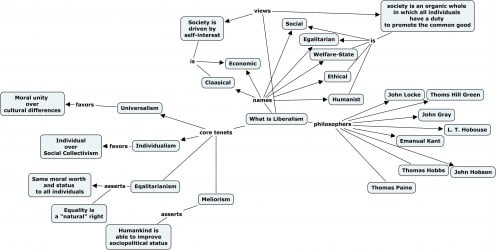
Now We Can Get to Liberalism in America
STANDING IN BETWEEN SOCIALISM AND CONSERVATISM is Liberalism. Its fundamental thesis is that individuals, and not factions, form the basis of society. This is an idea which the other two (and Rush Limbaugh) reject out-of-hand. Further, liberalism is politically based, not economically derived, as is socialism and conservatism. Its foundation is the belief that individuals have certain fundamental rights derived from nature and not given to them by man, whatever form "man" might take.
According to Locke, these rights are Life, Liberty, and Property, all to be interpreted in very broad terms. For Jefferson, Adams, Madison, et. al, it is Life, Liberty, and the pursuit of Happiness (which encompasses Property). Beyond that, the five responsible for the Declaration of Independence also included the words "among these are", meaning they believed there were more than the three listed! It is from this fundamental truth that all else follows; including the American way of life.
Liberalism in America takes two very divergent paths, depending on how one views the role of government in insuring "man, or the artifacts of man like corporations, does not harm other men". That is the purpose of the government which the People have created and with which they made a contract. To allow the government to provide such protection, the People voluntarily transferred some of their liberty to the government so that government can exert control, to a limited degree, over their activities. This was to a "limited" government insofar as only enough rights were transferred to allow the contract to be fulfilled and no more.
The "contract" the People of America signed via ratification at Constitutional Conventions across the thirteen colonies is the Constitution of the United States. The duties of the government created by the Constitution are laid out in its Preamble, to wit"
- To form a more perfect Union
- To establish Justice
- To insure domestic Tranquility
- To provide for the common defense
- To promote the general Welfare
- To secure the Blessings of Liberty to ourselves and our Posterity
That is it, six simple directives. Only one of these do most Americans generally agree on how the federal government should fulfill its contractual obligation, and that is provide for a common defense. The rest are the subject of constant and heated debate which, at one time, ended up in the secession of the South from Union culminating in a civil war which Abraham Lincoln thought necessary in order to live up to contractual obligation number six.
One of the sides to this debate on Liberalism is those who believe in a kind of Social Darwinism form of individual rights where the purpose of government is only to "protect property of men and the honor of women". Beyond that, government must stay out of the way. This view was championed by William Graham Sumner (1840 - 1910), a prominent and influential American social Darwinist (he didn't believe in equality between the sexes, but he did champion women's rights, however). The following statement sums up Sumner's philosophy as it applied to men:
"Before the tribunal of nature a man has no more right to life than a rattlesnake; he has no more right to liberty than any wild beast; his right to pursuit of happiness is nothing but a license to maintain the struggle for existence..."—William Graham Sumner, "Earth-hunger, and other essays," p. 234.
Now maybe not to that degree of certitude, this is, nevertheless, the basis behind the argument used by those on the Right in the debate over federal social policy. Those who hold this view are know as "Minimal-state" or "Limited-state" Liberals. Examples of those who fall in this category are Thomas Jefferson (when the mood struck him), James Madison (early career), Andrew Jackson, most Presidents until Abraham Lincoln, each Democratic President until FDR, President Reagan, President George W. Bush (until TARP), and most importantly, many of the Supreme Court justices appointed by these presidents.
On the other side are the "Active-state" Liberals. Here, the adherents believe, as Abraham Lincoln put it, (paraphrasing) "when it comes down to a choice between the rights of private property, when in conflict with the rights of individuals, the rights of individuals must always be the victor." They also believe that it is the duty of the government to ensure that all citizens have a fair shot to achieve the American dream. In contrast, it is the Socialist's view that government should equalize wealth between classes through redistribution; this not what Active-state Liberals propose.
Instead, active-state liberalism holds forth that the Constitution expects the federal government to actively do right by those who contracted with it to establish Justice, insure domestic Tranquility, promote the general Welfare, and secure the Blessings of Liberty. Who are these people? Representative examples are George Washington, Alexander Hamilton, John Adams, Thomas Jefferson (when he was in the mood), James Madison (in his later political life), Abraham Lincoln, Teddy Roosevelt, Woodrow Wilson, FDR through Jimmy Carter, Bill Clinton, Barrack Obama and, most importantly, many of the Supreme Court Justices appointed by those listed who were Presidents.
On to Part Ii
THIS WILL CONCLUDE PART I since it was more of a general discussion of this topic. The next Part will look in more detail at the two main branches of Liberalism in America, "active-state" and "limited or minimal-state liberalism.
This content is accurate and true to the best of the author’s knowledge and is not meant to substitute for formal and individualized advice from a qualified professional.
© 2013 Scott Belford


